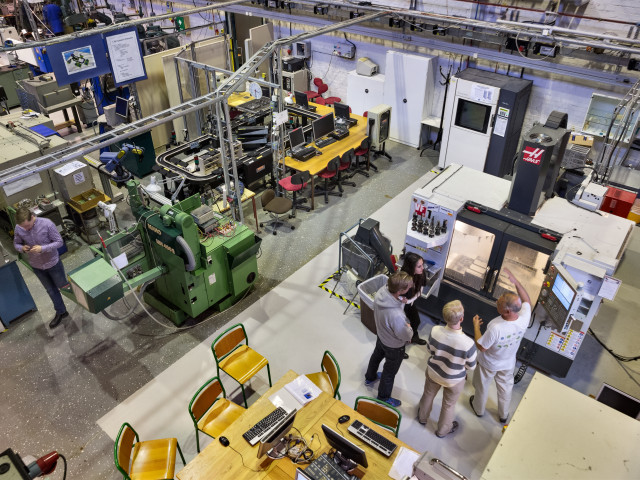•Thermal climate and ventilation
•Lighting and visual ergonomics
•Electromagnetic radiation
•Physiology and injury mechanisms
•Theories on acute and long-term health effects
•Measurement methods, measurement strategies and risk assessment
•Intervention strategies
•Work environment regulations in the field
The overall aim is to provide knowledge about thermal climate and ventilation; lighting and visual ergonomics; electromagnetic radiation at the workplace and their impact on safety, health, well-being, and performance. The objective is also to provide knowledge about how to manage these factors and reduce risks for illness and accidents, through technical and organisational design of work, workplaces and the work environment.
By the end of the course, the students should be able to:
1.Describe, exemplify and explain how all the above-mentioned factors affect safety, health, well-being and performance.
2.Perform measurements and risk assessments relating to all the above-mentioned factors. Describe and motivate the choice of different measurement strategies; be able to interpret and draw conclusions from measurement results, be able to understand and evaluate the causes of exposure and, when required, propose countermeasures to eliminate or reduce exposure. In order to conduct measurements knowledge about measuring methods and strategies is required.
3.Propose work environment improvements according to the hierarchy of control concerning the above-mentioned factors and by reflections regarding the interactions among sociotechnical (human, technology and organisation) perspectives.
4.Describe the EU regulations and Swedish legislation and provisions for all the above-mentioned factors and critically discuss risk assessments and work environment improvements in relation to relevant work environment regulations.
